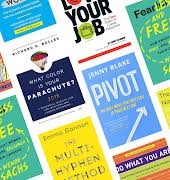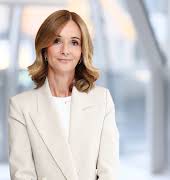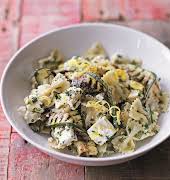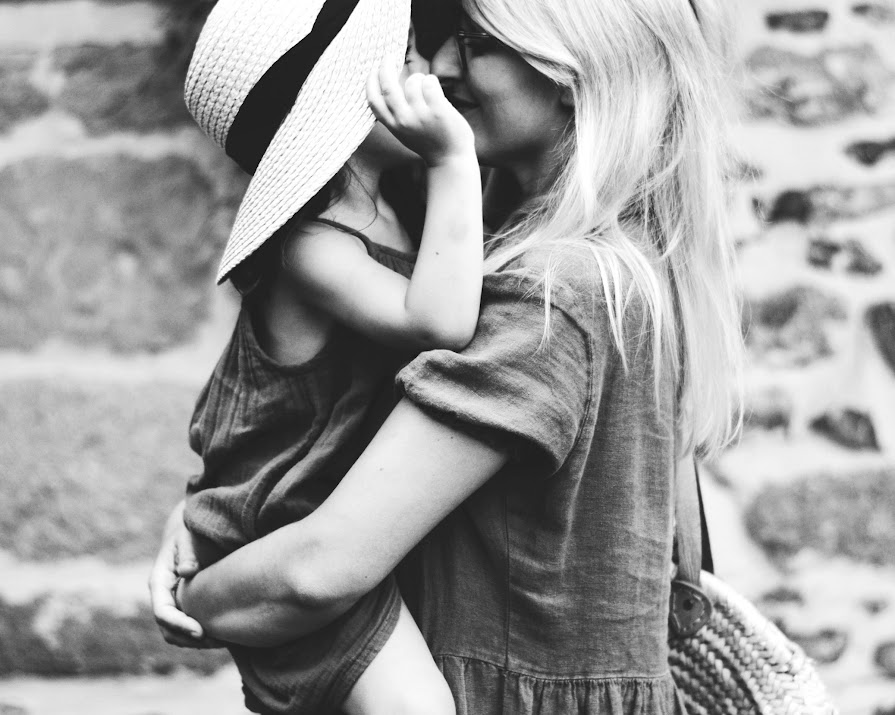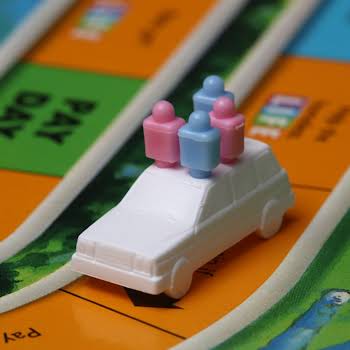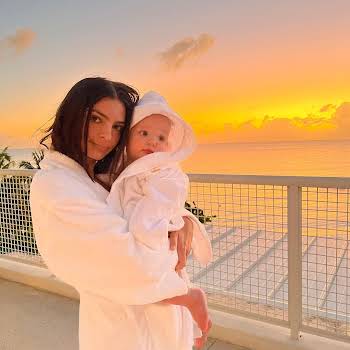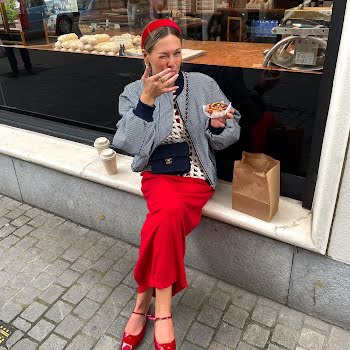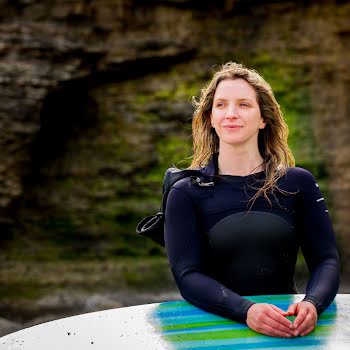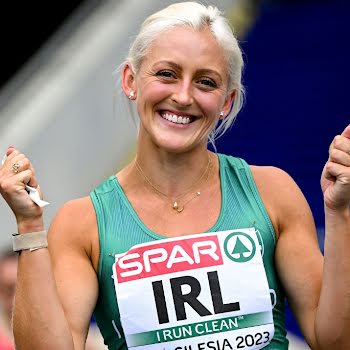
An only child? Ah, you couldn’t just have one. That wouldn’t be fair. Would it?
By Lia Hynes
Having an only child is an invitation to unwanted input, finds mother-of-one Lia Hynes, who says there’s more to the family picture than meets the judgmental eye.
“The problem with that child is she’s cold,” the woman snaps, grabbing my four-month-old daughter’s bare foot, and setting off another paroxysm of screaming. “You’re not relaxed, and it’s stressing her “out,” chips in another.
We are on an airplane, my screaming four-month-old and I, stuck behind the drinks trolley, pacing up and down between the same four rows, inescapably the object of advice from our fellow passengers on what is unsettling the child. Hell, in other words. The first mistake we make upon becoming parents is to imagine that we are embarking on a private enterprise, of interest only to the two parents involved, and their immediate family. In fact, like it or not, parenting is a public sport.
“Nuclear, divorced, co-parenting, single. Big family, small. I am the mother of an only child.”
Unwittingly, upon becoming parents, we sign ourselves up to be the target of endless unwanted, unasked for comments from family, friends, and total strangers on how we parent. A sort of societal running commentary.
Devices in restaurants or not.
Cry it out or co-sleep.
Boob or bottle.
Gina Ford schedule or child-led parenting. Sent to school at four or five.
No decision about how to rear your children is made without at least a modicum of judgment from the outside world.
Whatever kind of family unit you find yourself in, you are going to run into this kind of thing. Nuclear, divorced, co-parenting, single. Big family, small. I am the mother of an only child. As such, society’s hot take is that said child risks being everything from lonely, to spoilt, to unable to socialise.
“Ah, you couldn’t do that to her,” someone once admonished me, when I revealed she had no siblings, and that none were planned.
“You’ll be going again soon,” was another, rather gross, dictum often thrown my way.
Potential harm
The flipside of this running commentary is that as parents we are simply expected to sit and take it. When someone speculated aloud at the potential harm I was doing to my child by denying her any siblings, I would succumb to that odd mute acceptance around taking criticism of one’s parenting. Heaven forfend that we should refuse the burden of parental guilt.
And then my daughter’s father and I separated, and one unexpected side benefit was that people stopped asking about another sibling. We shouldn’t need the defence mechanism of a divorce to shield us from the insensitive queries of strangers, though.
Susan Keogh, who presents Newstalk Breakfast on Saturday and Sunday mornings, is a mother of one, a daughter, Faith, almost eight, who was born after Susan and her husband attended Sims IVF for fertility treatment.
“Look, I’m not the woman who’s going to be here doing six rounds of IVF.”
“Luckily, we conceived quite quickly,” Susan recalls. “During my pregnancy, and the early years, I remember just thinking, ‘I’m so happy that I have a child.’ I didn’t really think beyond that. When we got married first, I definitely thought I would like to have two, maybe three children. But once I had her, I was very cognisant that the result was what I’d wanted; I had a child. And nearly not to be greedy about it. I had come across so many people who had not got that end result.”
When her daughter was three, Susan decided to investigate the possibility of a second child. “I definitely approached it quite pragmatically. On the first day back at Sims, I remember saying, ‘Look, I’m not the woman who’s going to be here doing six rounds of IVF.’ I didn’t have a burning desire to have a second child. I just thought I’d give it a go. Partly because in years to come, when Faith would ask why she didn’t have a sibling, I would be able to say, ‘Look, you were hard enough to come by, we did try again, and it just didn’t work out.’ And I’d always be able to tell myself I tried.”
Need to be mindful
Susan points out that secondary infertility comes with its own brand of judgment.
“As a society, I think we’ve become more mindful about when people come back from honeymoon; we don’t immediately start jumping to the conclusion that they might be pregnant, because we have heard more discussions about fertility. But if somebody has one child, I think they become fair game.
“People lose that sensitivity they may have had for somebody the first time around. They think, ‘Well, she has a womb, and she has one child, so in for a penny in for a pound – why does she not want to have more?’ I definitely think they are less polite about it. I have often been asked, ‘Oh, would you not give her a little brother or sister?’ or ‘Oh, don’t leave it too long – you’ll have to go back to the baby days again.’”
“There are lots of preconceptions about what only children are like; spoilt, narcissistic, socially awkward.”
Then there’s the fact that being a mother of one engenders a kneejerk need to defend your child from any presumptions that their character is being harmed by their sibling-less state. “I feel that I sometimes need to defend her character,” Susan reflects.
“There are lots of preconceptions about what only children are like; spoilt, narcissistic, socially awkward. I don’t really need to do it; she’s not any of those things, so she kind of speaks for herself. But at times, if I am chatting to somebody who doesn’t know me very well, I’ll say, ‘Oh yeah, she’s really sociable, she’s on a playdate… she does her ballet.’”
In fact, research by Dr Toni Falbo, a leading academic in the field, who has researched only children since the 1970s, has found that only children display characteristics which are indistinguishable from firstborn children, or those from smaller families. According to his findings, only children do better than those in large families. But that’s not really the point here. There is enough mud-slinging about parenting, and who’s doing it better, as it is.
The guilt
Jewellery designer and crystal therapy practitioner Merle O’Grady is a mother of one, a daughter Vega, who is four. “I was always expecting to get to that point, because of societal norms, where I felt ready for a second. And I tortured myself about why was I not feeling that pull to have a second kid.”
“I had a lot of fear around a second child. There was the physical side of it; I didn’t want to have another Caesarean.”
There is, she concedes, a huge amount of guilt attached to making the decision to not have another baby. Social conditioning, which would have it that this is an inherently bad choice for the existing child, makes it that much harder to be rational, to figure out what is best for your family specifically.
“But what it has all come down to, having come to a decision finally that I’m 100 per cent comfortable with, is that I don’t want a second child. And that’s a really hard thing to say out loud,” says Merle.
I had a lot of fear around a second child. There was the physical side of it; I didn’t want to have another Caesarean. I had awful postnatal depression as well, and I had a lot of fear around whether that would come back. And of completely losing myself, which I did the first time. The start of motherhood brought me to such a dark place, that when you’ve got yourself out of that, and you can see the light again, you think, ‘Oh no, I’m going back in the tunnel.’ But I think if it was right for me to have a second child, and if it was something I wanted, that wouldn’t matter.”
Working with a reiki practitioner has been hugely beneficial in coming to terms with her decision.“I was literally flagellating myself. Why am I not ready for a second? I would torture myself daily. I went to an amazing reiki practitioner who does intuitive readings for you. She explained that what I was beating myself up about was not being that matriarch, but that there are so many other ways to be feminine in the world. You don’t have to be the mother of many. The attributes of being a mother, kindness and nurturing, you can bring them to other parts of your life; your work, self-expression. Once your child sees you being passionate and being lit up in the world, that’s the best thing for her; seeing her parent fulfilled in that way. That’s so much more beneficial than any second child, any sibling.”
Wedding liberation
At a wedding recently, for the first time, Merle began telling her wider circle that she does not want another child. “It felt good,” she says, “kind of liberating.”
The thing is that I have never felt the desire for another child. Even pre-marital-break-up. I adore being a mother, beyond anything else I have ever done. Partly, I feel the need to tell you that, to make sure you know that the following is no reflection on my child and my experience of being a parent.
But that thing where people say they knew their family wasn’t complete, and then they had another and that was it, they knew they were done? I never felt that. I look at my child and think, “You, you alone are my experience of motherhood.” And I am more than happy with that. I am one and done.
Photography by Unsplash.

This article originally appeared in the September 2019 issue of IMAGE Magazine.


